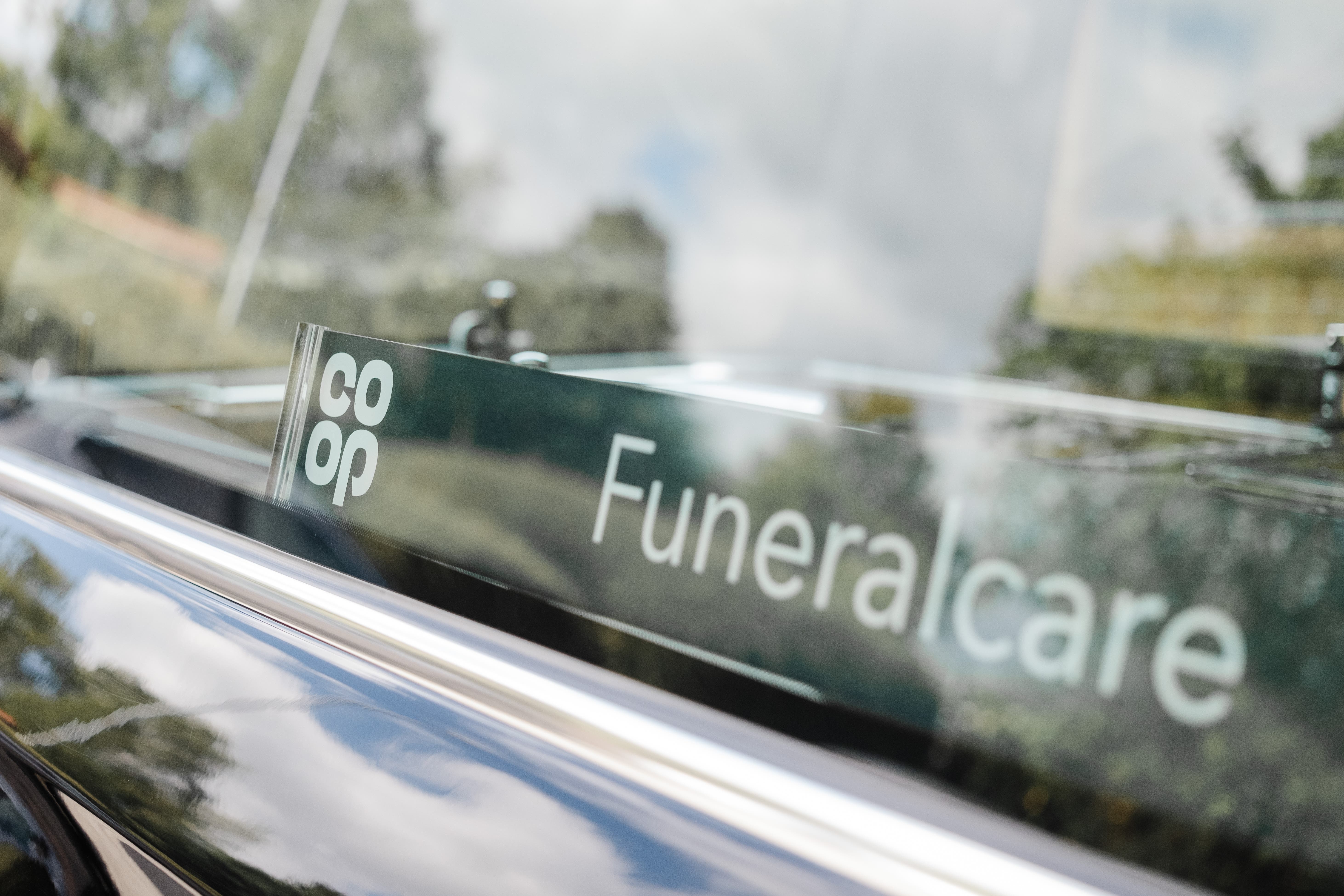Co-op to offer ‘water cremations’ in hope of reducing UK funeral sectors’ impact
The UK’s largest funeral provider plans to introduce the practice called resomation to the UK later this year.

Your support helps us to tell the story
From reproductive rights to climate change to Big Tech, The Independent is on the ground when the story is developing. Whether it's investigating the financials of Elon Musk's pro-Trump PAC or producing our latest documentary, 'The A Word', which shines a light on the American women fighting for reproductive rights, we know how important it is to parse out the facts from the messaging.
At such a critical moment in US history, we need reporters on the ground. Your donation allows us to keep sending journalists to speak to both sides of the story.
The Independent is trusted by Americans across the entire political spectrum. And unlike many other quality news outlets, we choose not to lock Americans out of our reporting and analysis with paywalls. We believe quality journalism should be available to everyone, paid for by those who can afford it.
Your support makes all the difference.Co-op Funeralcare has announced plans to offer a new form of burial as a sustainable alternative to traditional burials or cremation.
The UK’s largest funeral provider announced on Sunday that it will introduce the practice, called resomation – also known as water cremation or alkaline hydrolysis – later this year.
The practice consists of the deceased being enclosed in a biodegradable pouch then placed in a container filled with pressurised water and a small amount of potassium hydroxide.
This quickly converts tissue and cells into a watery solution of micromolecules, with one cycle taking approximately four hours.
Soft bones remain and these are dried then reduced to a white powder, which can then be returned to relatives in an urn.
Research suggests that resomation is a more sustainable option as it does not release toxic gases, air pollutants or polluting fluids.
Cremating a body leads to the release of carbon dioxide and potentially toxic gases while burials can lead to the risk of groundwater contamination.
The Co-op, which arranges more than 93,000 funerals every year, said it will be working with sustainability experts and academia to further validate existing research during its initial regional pilot.
It said pilot locations to be announced later this year with the intention to expand the service to all Co-op clients.
It has also updated the Government on its plans to make the process available in the UK and said that questions on new burial methods were raised at the Synod of Church of England earlier this year.
The practice is growing in popularity in the majority of US states, Canada and South Africa, but burials or gas cremations remain the two options for UK families.
Anti apartheid campaigner Archbishop Desmond Tutu, who died in 2021, is the most high-profile figure to choose resomation for his own funeral.
Its introduction in the UK will mark the first time in more than 120 years that a new alternative to burial or cremation will be widely available for funerals since the introduction of the Cremation Act in 1902.
It is understood that resomation is not illegal but will be subject to compliance with relevant health, safety and environment regulations.
Meanwhile, the Law Commission is currently reviewing existing laws to see how they can accommodate new burial methods.
A YouGov poll commissioned by Co-op Funeralcare found that 89% of UK adults had not heard of resomation but once explained, almost a third said they would choose it for their own funeral if available.
Furthermore, nearly a fifth of adults who have arranged a funeral in the last five years said they would have considered resomation for their loved one’s funeral had it been an option at the time.
Professor Douglas Davies, an anthropologist, theologian and death rites expert at Durham University, said: “The rise in ecological and sustainability concerns over the past decade combined with a desire to be part of nature or laid to rest in a natural setting, means more people are considering the environmental impact of their body once they die.
“The reduced carbon footprint that may come with Resomation compared with other forms of body disposal, means it will no doubt be of interest to many people as the practise is increasingly made available in the UK.
Gill Stewart, managing director of Co-op Funeralcare said introducing “innovative and sustainable options” for clients is “an absolute priority”.
“Up until now choice has been limited to burial or cremation,” she said.
“We’ve seen from the rapid uptake of newer funeral options such as direct cremation, that when choice in the funeral market is broadened, this is only a positive thing both for the bereaved and for those planning ahead for their own farewell.”
Julian Atkinson, director of resomation service Kindly Earth, added: “Throughout the 30 years I have been involved in the funeral industry, I have always been passionate about people having access to more sustainable end of life arrangements, and we are encouraged to see that many members of the public are conscious of reducing the carbon footprint, even after death.”